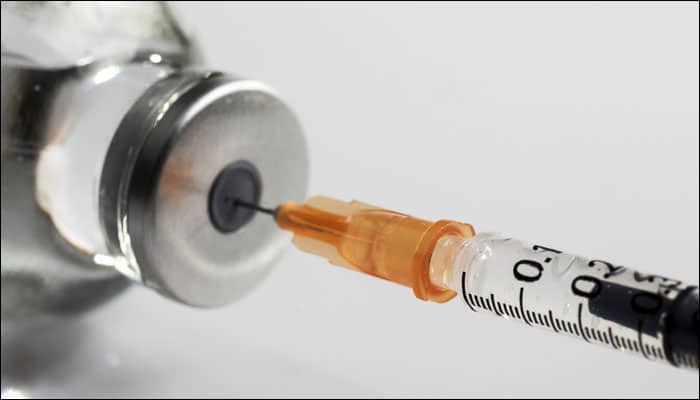New Delhi: Results from a Phase 3 efficacy study in India of the Serum Institute of India Pvt. Ltd.’s rotavirus vaccine BRV-PV (known as ROTASIIL) were published in the journal Vaccine. The study showed the vaccine to be safe, well tolerated, and to provide significant efficacy against severe rotavirus gastroenteritis. In 2013, an estimated 47,100 rotavirus deaths occurred in India, 22 percent of all rotavirus deaths that occurred globally. ROTASIIL reduced severe rotavirus diarrhea by more than a third – 39.5 percent over two years.
Significantly, the vaccine efficacy was nearly 55 percent against the most severe and potentially life-threatening cases of rotavirus diarrhea, which represent the highest risk of dehydration, hospitalizations, and deaths. The results demonstrated by ROTASIIL in India appear generally comparable to the performance of RotaTeq and Rotarix in Bangladesh and in some African countries.
“We are delighted with these results, which indicate that ROTASIIL could save the lives of tens of thousands of children each year in India and, potentially, around the world,” said Dr. Rajeev Dhere, Executive Director of the Serum Institute. The international nonprofit PATH partnered with Serum Institute on evaluating this vaccine in the Phase 3 efficacy study.
Six study sites across India enrolled 7,500 infants in the trial. ROTASIIL is an oral vaccine administered to infants in a three-dose course at 6, 10, and 14 weeks of age, at the same time as routine vaccinations under India’s Universal Immunization Programme. Read here Experts believe that Rota vaccines may save infants from occult practices in Odisha villages
The office of the Drugs Controller General of India, through its subject expert committee, reviewed the Phase 3 safety and efficacy results and subsequently inspected Serum Institute’s manufacturing facilities leading to licensure of ROTASIIL in January 2017. The Government of India has placed an order for 3.8 million doses of ROTASIIL to use in the Universal Immunization Programme, which serves 26 million children.
Serum Institute has manufactured the vaccine doses and is awaiting instructions from the Ministry of Health and Family Welfare for their distribution. ROTASIIL will also be available for sale in India’s private market later this year. Read here Why India needs more awareness and support to implement Rotavirus vaccination program countrywide
Serum Institute is pursuing World Health Organization (WHO) prequalification to make this vaccine available for global procurement. PATH and Serum Institute partnered to conduct a separate Phase 3 study in India to gather additional data required for WHO prequalification; results from that study will be submitted for publication this year.
“This is great news for India. The results and successful licensure of this rotavirus vaccine is an exciting and encouraging milestone toward the public health goal of improving the supply of affordable rotavirus vaccines, both in India and worldwide,” said Dr. David Kaslow, PATH’s Vice President for Essential Medicines and Global Head of the Center for Vaccine Innovation and Access.
Medecins Sans Frontieres and Epicentre are also evaluating the efficacy and safety of ROTASIIL in a separate Phase 3 study in Niger. That study is still ongoing, but results from the primary analysis (one year of data) also showed the vaccine to be highly efficacious for the prevention of severe rotavirus diarrhea and to have an excellent safety profile. The efficacy of the vaccine against severe and very severe rotavirus diarrhea in the Niger study was 66.7 percent and 78.8 percent, respectively.
These results were published in the New England Journal of Medicine in March 2017. The ROTASIIL used in the Niger study was stored at less than 25 degrees Celsius and transported for vaccination at ambient temperature, thus bypassing the typically challenging and costly cold-chain requirements that apply to most other vaccines. The ROTASIIL used in the India study was from the same lots of vaccine used in the Niger study.
















